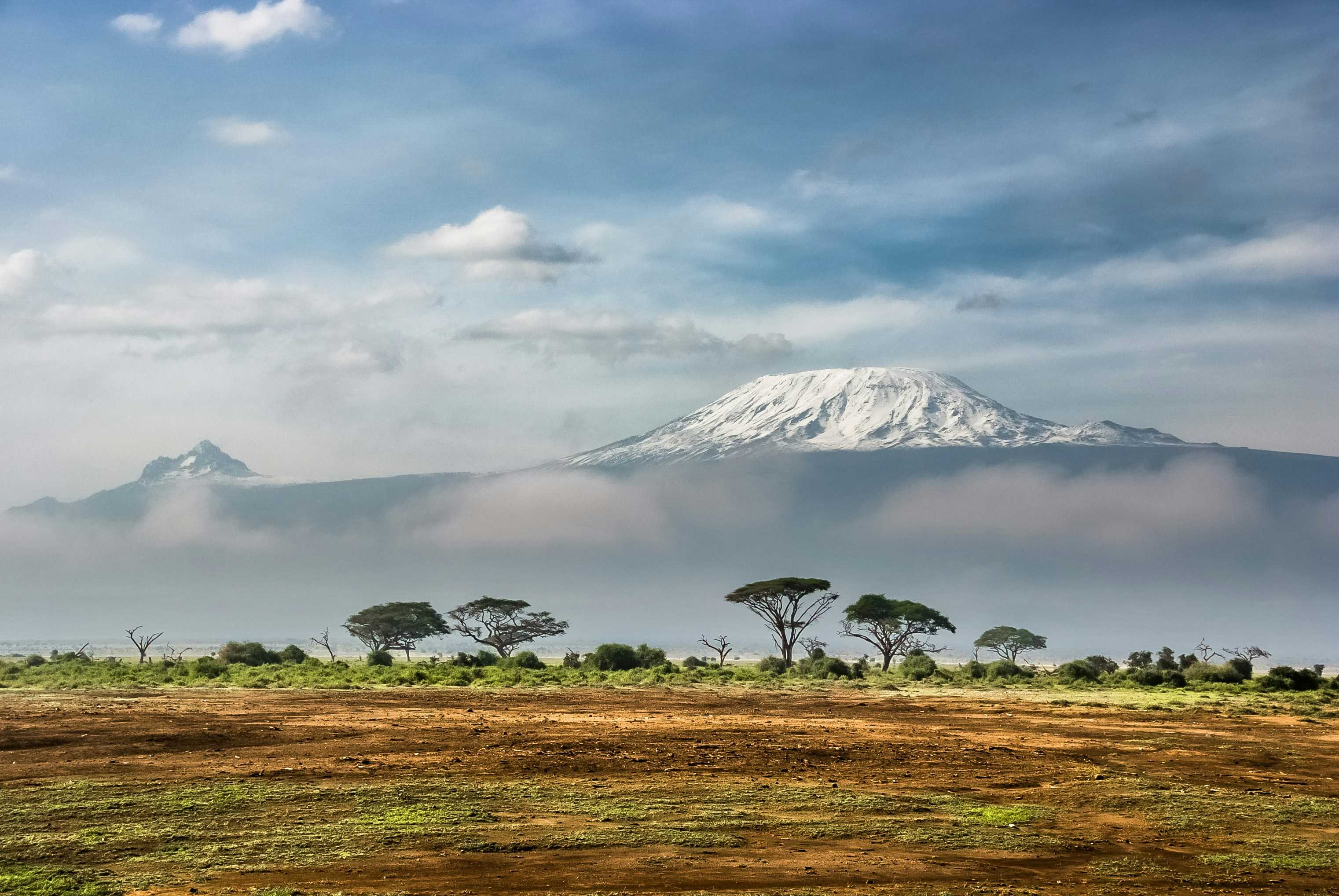Sustainable travel in Kenya is a growing trend that focuses on minimizing the environmental impact of tourism while promoting conservation and supporting local communities. As travelers, we have a responsibility to protect the natural beauty and cultural heritage of the places we visit. By adopting sustainable practices, we can ensure that our trips leave a positive and lasting impact on Kenya and its people.
One of the key aspects of sustainable travel in Kenya is waste management. It is important to be mindful of the waste we generate and dispose of it responsibly. This includes reducing single-use plastics, recycling whenever possible, and properly disposing of any waste we produce. By minimizing our waste, we can help preserve the pristine landscapes and protect the wildlife that call Kenya home.
Another crucial aspect of sustainable travel is sustainable shopping. When purchasing souvenirs or supporting local businesses in Kenya, it is essential to choose products that are ethically produced and have minimal impact on the environment. By buying from local artisans and small-scale producers, we can contribute to the local economy and help preserve traditional crafts and cultures.
Let's explore in more detail how to effectively manage waste while traveling in Kenya and provide guidelines for shopping sustainably to support local communities. By following these tips, we can ensure that our travel experiences in Kenya are not only rewarding for us but also leave a positive legacy for future generations of travelers.
Tips for reducing waste and managing it responsibly while traveling in Kenya
When it comes to sustainable travel in Kenya, waste management is an essential aspect to consider. By adopting responsible waste management practices, you can minimize your environmental impact and contribute to the preservation of Kenya's natural beauty. Here are some tips to help you reduce waste while traveling in Kenya:
Carry a reusable water bottle: Instead of buying single-use plastic bottles, bring your own reusable water bottle. Kenya has abundant freshwater sources, and most accommodations and restaurants provide filtered water. By using a reusable bottle, you can help reduce the plastic waste generated during your trip.
Say no to plastic bags: In Kenya, the use of plastic bags is banned, so it's important to avoid them altogether. Bring your own reusable bags for shopping and refuse any plastic bags offered to you. This small action can make a big difference in reducing plastic waste in the country.
Pack reusable toiletries: Instead of using single-use toiletries provided by hotels, pack your own reusable toiletries such as shampoo bars, refillable containers, and bamboo toothbrushes. This will significantly reduce the amount of plastic waste generated during your stay.
Properly dispose of waste: When visiting national parks, game reserves, or any natural areas, make sure to dispose of your waste properly. Use designated bins or take your waste with you until you find a suitable place to dispose of it. Avoid littering and respect the natural environment.
Support eco-friendly accommodations: Choose accommodations that prioritize sustainability and have proper waste management systems in place. Look for eco-lodges or hotels that have recycling programs and composting facilities.
Reduce food waste: Be mindful of the food you order and only order what you can finish. In Kenya, many local dishes are served in generous portions, so it's best to share meals or take leftovers with you. By minimizing food waste, you not only reduce waste but also support local farmers and reduce the carbon footprint associated with food production.
Participate in community clean-up initiatives: Many communities in Kenya organize clean-up initiatives to keep their surroundings clean and raise awareness about waste management. Consider joining these initiatives during your visit to contribute to a cleaner environment and show support for the local community.
By following these tips, you can reduce waste and manage it responsibly while traveling in Kenya. Remember, small actions can make a big difference in preserving Kenya's natural beauty for generations to come. Let's travel sustainably and leave a positive impact on the environment!
Guidelines for shopping sustainably and supporting local communities in Kenya
When it comes to sustainable travel in Kenya, one important aspect to consider is the impact of our shopping habits on the local communities and the environment. By making conscious choices while shopping, we can support local businesses and artisans while reducing our overall environmental impact. Here are some guidelines to follow:
Buy locally-made products: Look for products that are handmade by local artisans. This not only supports the local economy but also promotes traditional craftsmanship. From handwoven baskets to traditional Maasai beadwork, there are plenty of unique and sustainable souvenirs to choose from.
Choose eco-friendly materials: Opt for products made from sustainable materials such as bamboo, recycled paper, or organic cotton. Avoid purchasing items made from endangered animal products, such as ivory or turtle shells, as this contributes to wildlife exploitation.
Avoid single-use plastics: Kenya has taken significant steps in reducing plastic waste by implementing a ban on single-use plastic bags. Support this initiative by bringing your own reusable shopping bags and refusing plastic packaging whenever possible.
Support fair trade practices: Look for products that are certified as fair trade, ensuring that the artisans and producers are paid fair wages and work in safe conditions. This helps to empower local communities and promote sustainable development.
Shop at local markets and community cooperatives: Instead of shopping at big chain stores, explore local markets and community cooperatives. Not only will you find unique products, but you'll also have the opportunity to interact with local vendors and learn about their culture and traditions.
Consider the environmental impact of souvenirs: Before purchasing souvenirs, think about their environmental impact. Avoid buying products made from endangered plants or animals, as well as those that contribute to deforestation or habitat destruction.
Support conservation initiatives: Look for products or organizations that actively support conservation efforts in Kenya. By purchasing from these sources, you can contribute directly to wildlife conservation and environmental sustainability.
Remember, every purchase we make has an impact. By following these guidelines and making conscious choices while shopping, we can support local communities, promote sustainable practices, and reduce our environmental footprint while traveling in Kenya.




